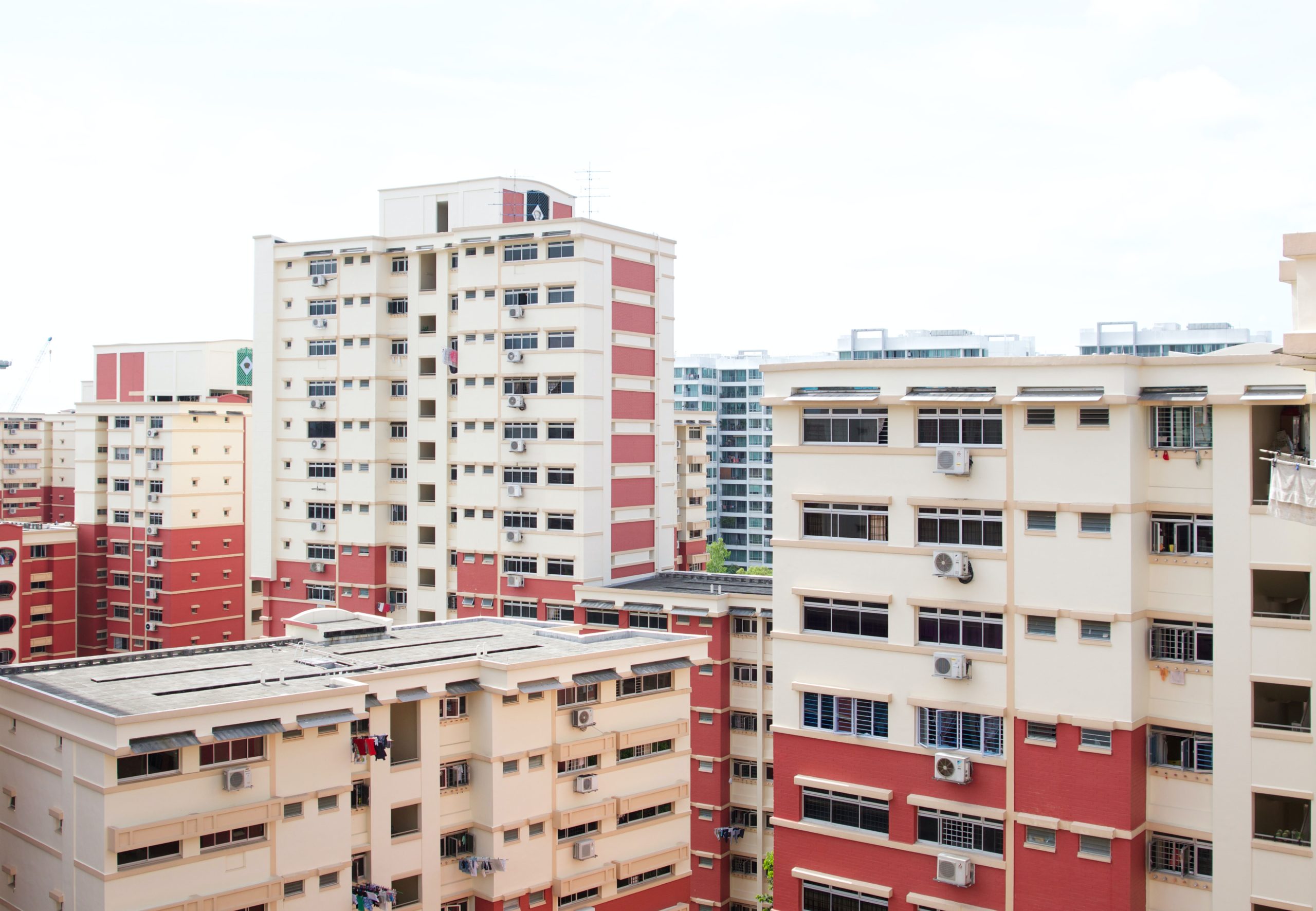-
Advocacy Theme
-
Tags
- Abortion
- Adoption
- Caregiving
- CEDAW
- Disability
- Domestic Violence
- Domestic Workers
- Harassment
- Healthcare
- Housing
- International/Regional Work
- Maintenance
- Media
- Migrant Spouses
- Migrant Workers
- Muslim Law
- National budget
- Parental Leave
- Parenthood
- Polygamy
- Population
- Race and religion
- Sexual Violence
- Sexuality Education
- Single Parents
- Social Support
- Sterilisation
- Women's Charter
Waive rental fees for those living in public rental flats during pandemic
May 12th, 2020 | Letters and op-eds, News, Poverty and Inequality

This letter was originally published in The Straits Times on 12 May 2020.
National Development Minister Lawrence Wong said last week that about 5,200 public rental households, or about 10 per cent of all such households, are in rent arrears (More social workers at family service centres, May 6).
He also said rent arrears alone would not result in termination of rental tenancies, which is a “last resort”.
Such assurances are welcome, particularly when it is ever more critical to have shelter against the coronavirus.
In the past few weeks, the research team at the Association of Women for Action and Research (Aware) has been interviewing low-income families about how the circuit breaker measures have affected their financial situation.
Many of these families live in public rental housing, and have experienced a loss in income because the jobs they were doing, such as house cleaning and waiting tables, have been negatively affected by safe distancing measures.
Some were anxious about how they would pay their bills, including rental fees, as well as for other daily necessities during this period.
The Housing Board should consider waiving rental fees for those living in public rental housing during the Covid-19 pandemic.
Before the pandemic, more than 5,000 households in Singapore were already struggling to pay rent.
As the economic fallout from the pandemic worsens, it is likely that more households will end up in the same situation.
While they are not under immediate threat of losing shelter, these households may be forced to compromise on other aspects of their lives, such as by cutting down on food expenses, in order to cope.
Being guaranteed a home allows people in crisis situations more choices for their well-being.
We hope that more support will be given to low-income households during this period to ensure that they have a roof over their heads.
Chong Ning Qian
Senior Executive, Research
Association of Women for Action and Research



